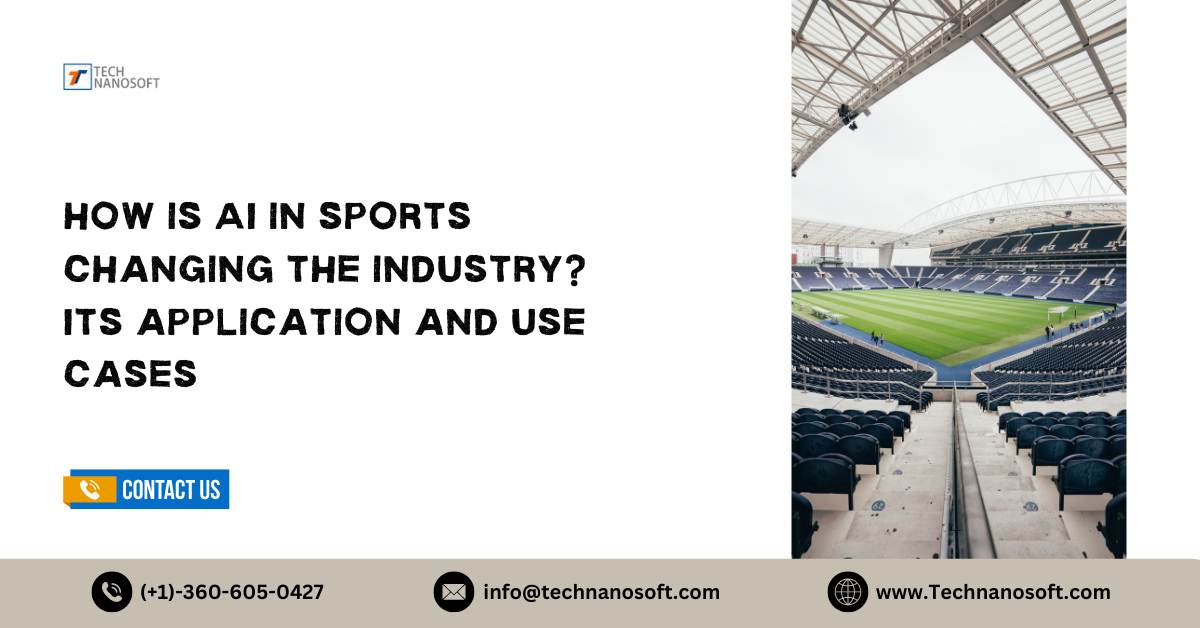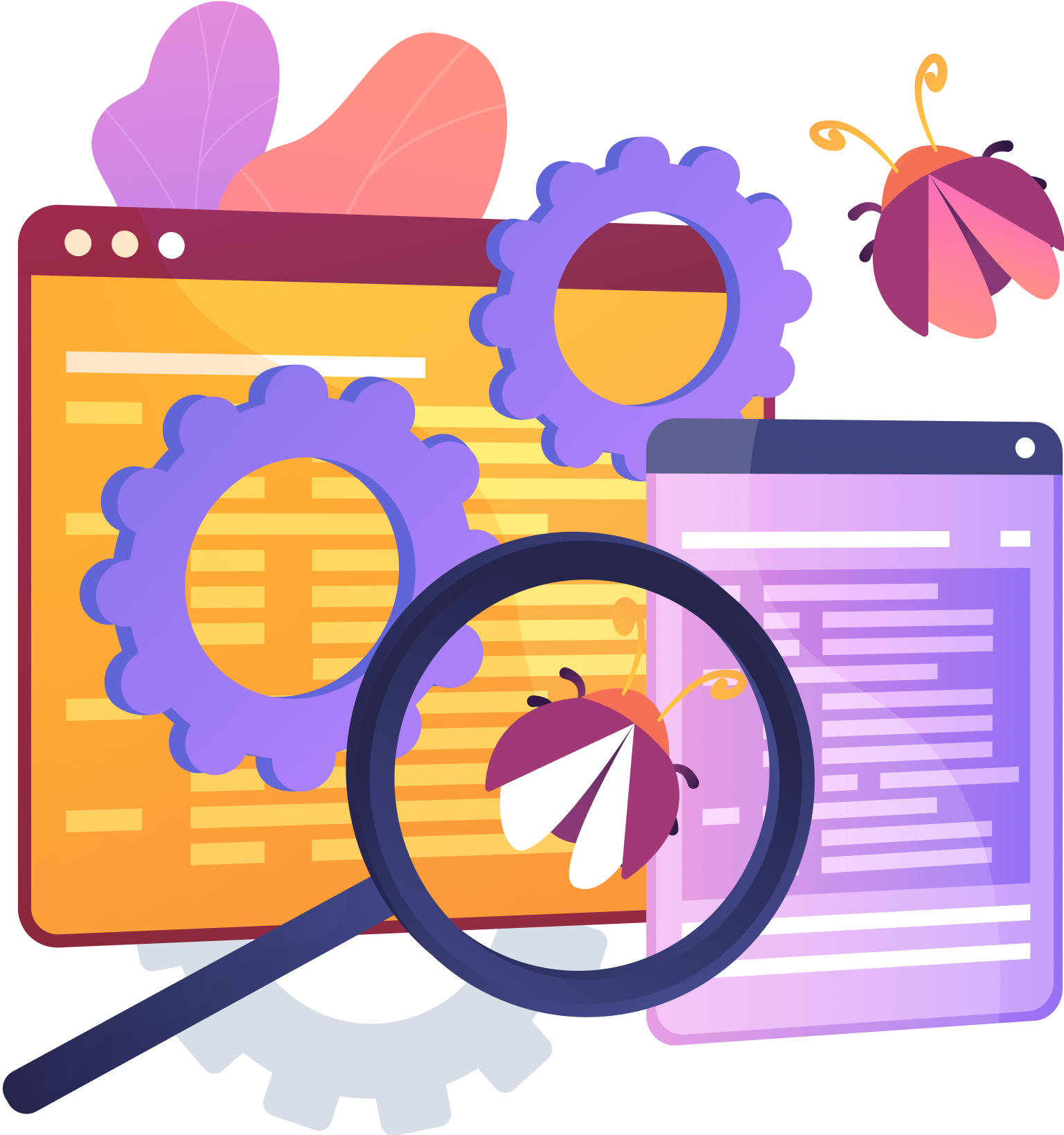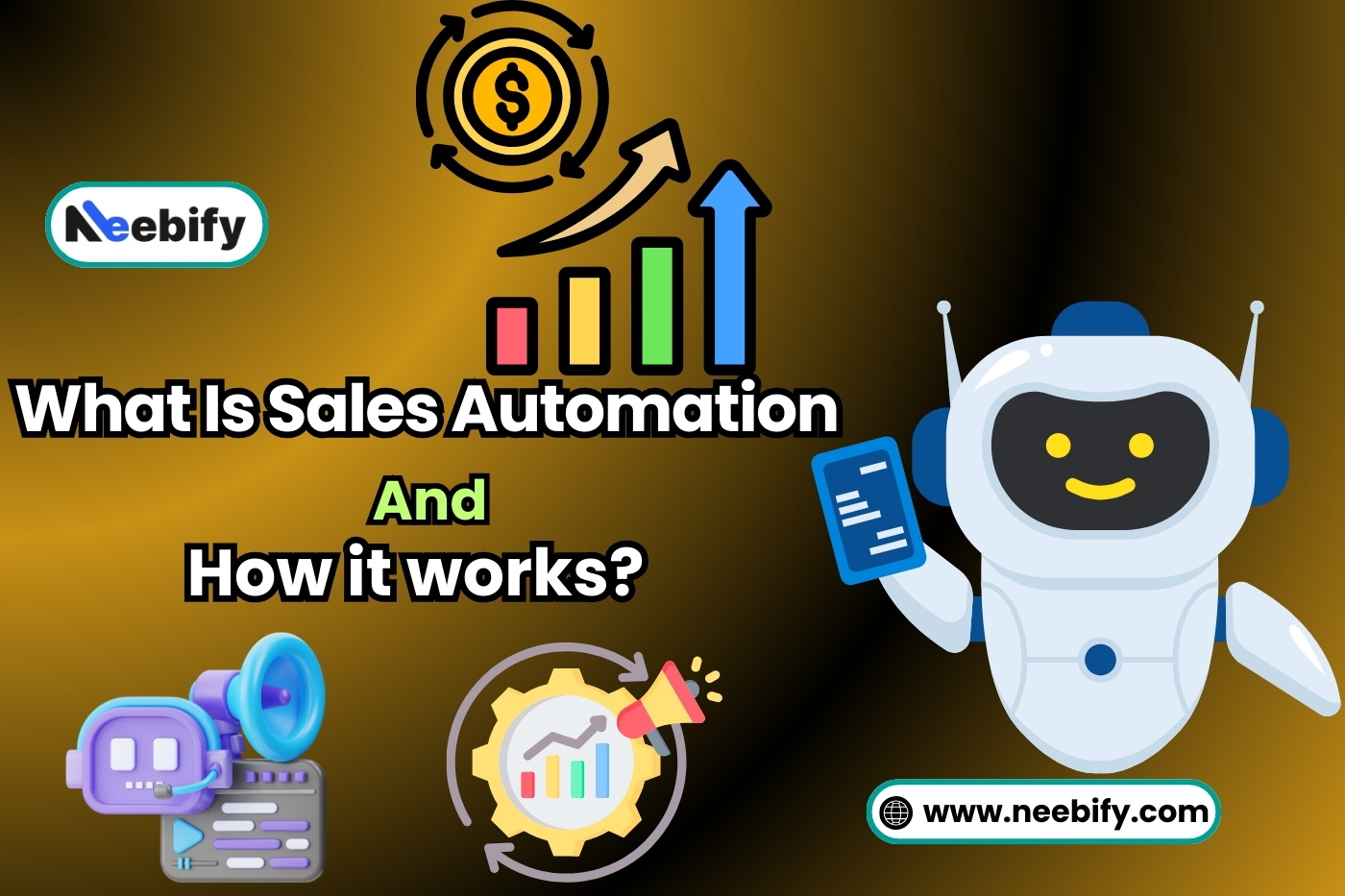How is AI in sports changing the industry? applications and use cases?

Advanced computer technology uses artificial intelligence (AI) to mimic human memory. AI has changed sports and gaming industries by using data processing and completing tasks more efficiently. Significant improvements in visual appeal and overall user engagement in sports broadcasts and gaming applications are characteristics of this revolution. AI analyzes large datasets using complex algorithms, improving user interfaces, gaming, and visual quality.
Artificial Intelligence In Sports And Games
Artificial Intelligence, or AI replicates human intelligence in machines, enabling them to perform tasks that typically demand human cognitive abilities. In the realm of sports, AI plays a vital role in analyzing data, enhancing performance, and streamlining operations. Examples of these technologies include machine learning and computer vision.
AI is utilized in sports for multiple purposes like venue management, player performance monitoring, and injury prevention. Sports groups can use AI to gather information, enhance plans, and enhance the sports experience for athletes, coaches, and fans.
This can result in innovation and efficiency in the industry. AI can help sports groups by providing valuable insights and data. This can lead to improved strategies and decision-making. Ultimately, AI can enhance the overall experience for everyone involved in sports.
Enhancing The Visual Experience Remarkably Realistic And Detailed
Upscaling
Low-resolution photographs undergo dramatic augmentation through AI-powered upscaling techniques, greatly enhancing their clarity and resolution. Utilizing deep learning approaches to fill in missing features and improve overall clarity intelligently, these systems evaluate pixel data.
Viewers and gamers can experience content with crisper edges, more seamless transitions, and more visual quality by upscaling images.This technology maintains the quality of visual content. It makes lower quality material look clearer on various platforms such as gaming consoles and streaming services.
Creation of Textures
AI-driven texture-generating algorithms are transforming the development of realistic textures for sports and gaming contexts. AI algorithms use deep learning to make objects like surfaces, grass, and fabrics look real by creating textures.
This technology ensures realistic and detailed textures, enhancing immersion and visual appeal by mimicking real-world patterns. AI-driven texture generation elevates user experience in sports and gaming, adding unparalleled realism to virtual environments, from stadium woodwork to lush landscapes.
Reconstructing Images
AI enhances picture sharpness and detail in gaming and sports broadcasts using advanced image reconstruction algorithms. These methods, powered by deep learning models, analyze and enhance photos, correcting flaws and enhancing overall image quality. AI-driven picture reconstruction ensures unmatched clarity and precision in visual experiences, capturing player movements and intricate gaming environment details with exceptional accuracy.
Overview of The Sports Artificial Intelligence Architecture
1. Talent Search and Hiring
Uncovering Hidden Gems
Artificial intelligence leverages extensive data from various sources to find talented athletes who could avoid conventional scouting techniques. AI goes beyond looks to analyze mental toughness, coachability, and playing style, revealing often overlooked abilities. AI helps teams and coaches find hidden talents, promoting diversity and discovery in sports recruitment, improving talent pools.
Data Driven Decisions
Artificial Intelligence (AI) enhances talent acquisition decision-making beyond physical attributes. AI-powered systems analyze players' characteristics like playing style, flexibility, and mental toughness through complex examination. Teams analyze data to choose athletes who fit the team's goals and dynamics when recruiting. This strategy uses data to improve recruitment accuracy, helping select athletes who will succeed in sports and in life.
Streamlining Recruitment
AI automates tasks, allowing coaches to focus on evaluating top prospects instead of scouting, making the process more efficient. AI finds possible talent by effectively sorting through large datasets, which streamlines the hiring process. Automating hiring speeds up the process and helps teams use resources efficiently. This means they can focus on nurturing and developing the talent they hire, saving time and energy.
2. Game Analytics
Gaining Understanding
AI transforms game examining by examining enormous amounts of player data and game footage. AI looks at data to help coaches understand players' strengths, weaknesses, and opponent strategies. Coaches use analyzing to make personalized training plans and improve team performance with strategic changes.
Performance Optimization
AI finds complex patterns and trends in game data to improve performance optimization. Coaches can use AI to create personalized plans for each player. These plans can help players maximize their skills and adjust to various game situations.
The AI analyzes patterns in gameplay and player actions to make these plans effective. Customized teaching helps teams adapt quickly to obstacles, improving performance and success rates.
Real-Time Adjustments
AI-driven technologies empower coaches to make tactical changes in real time during a game. AI assists coaches by analyzing live game data, helping them adjust strategies and make quick decisions as necessary.
Teams can adjust quickly to changes in the game. This allows them to make faster decisions. Faster decisions give them an advantage. This increases their chances of winning.
3. Coaching And Training
Personalized Development
By evaluating individual performance data to create customized training regimens, artificial intelligence (AI) transforms athlete development. AI finds ways to get better and creates exercises to work on them by looking at things like speed and skill. By maximizing training efficacy, this individualized method frees up athletes to concentrate on improving their shortcomings and maximizing their potential for total performance.
Performance Tracking And Feedback
AI enables constant performance tracking during training, giving athletes and coaches insightful feedback and ideas for continued development. AI constantly watches key metrics to find trends and patterns, showing what has improved and what still needs work. Coaches use data feedback to adjust training and help athletes improve performance. This loop allows for educated changes and consistent progress.
Visualization And Simulations
AI-driven simulations produce lifelike and engaging training settings that let athletes hone their talents in a virtual setting. AI simulations assist athletes in practicing and improving their skills without any real-world constraints. The simulations replicate game situations and challenges, providing opportunities for experimentation and learning.
This allows athletes to enhance their performance in a controlled environment. This training method helps players improve their awareness, decision-making, and skills. This leads to better performance and prepares them for competition.
4. Predictive Modeling
Injury Prevention
By evaluating enormous volumes of training data and wearable technology measurements, AI plays a critical role in injury prevention. AI is capable of anticipating injury risks by examining trends and abnormalities in athletes' physical and performance states. Early detection helps coaches and medical staff prevent injuries by adjusting training, improving techniques, and scheduling rest. This reduces the risk of injuries and keeps athletes safe and healthy for longer.
Performance Predictions
AI uses advanced models to predict sports events like player performance, game results, and exciting moments. AI helps coaches and fans by analyzing past data, player stats, and context to provide useful insights. By predicting outcomes and assisting coaches, forecasts enhance fan enjoyment and game understanding. This leads to improved fan experience and appreciation of the sport.
Making Strategic Decisions
AI helps teams make decisions about players, training, and resources in sports management. AI supports well-informed decision-making processes by evaluating a variety of data sources and producing useful insights.
AI assists teams in enhancing performance and reaching strategic goals. This leads to success in both on-field and off-field endeavors by maximizing their competitive advantage. It does this by helping with player rotation optimization, training regimen optimization, and financial resource allocation.
5. Strategy Improvement
Analyze Opponent
AI learns from past games and videos of opponents to find patterns and weaknesses for a strategic advantage. This information helps AI to gain an edge over opponents during gameplay. By analyzing past games and videos, AI can identify strategies that work best against specific opponents.
This allows AI to make more informed decisions and increase the chances of winning. Coaches can use AI to analyze tactics and player behavior.This helps them identify patterns and trends. With this information, coaches can develop game plans that target weaknesses and counter strengths. This increases the team's competitive advantage.
Scouting Reports
AI makes detailed reports on opposing teams, giving coaches key details about their top players, strategies, and how they play. Detailed analyses help teams understand their opponents' strengths and weaknesses, aiding in strategic preparation and decision-making during games.
Formation And Playbook Optimization
By combining player availability information with opponent analyzing, AI models maximize team formations and playbooks. AI suggests the best formations and plays to improve the team's performance. It considers factors like player skills and the other team's tactics to maximize success. This strategy helps the team play better and be more flexible, making it easier for them to win against different teams.
6. Injury Prevention
Analyze Movement
By examining athletes' gaits to identify any possible biomechanical problems, artificial intelligence (AI) transforms the prevention of injuries. AI looks for things that could hurt athletes by checking how they stand, move their joints, and walk. Finding issues early helps athletes stay healthy and perform better. Coaches and medical staff can give targeted help and exercises to prevent injuries and improve overall health.
Recovery Optimization
Artificial intelligence (AI) improves recovery by tailoring rehabilitation regimens to maximize efficacy and hasten the healing process following injuries. AI personalizes rehab plans for athletes by analyzing factors like injury severity, physical data, and individual recovery reactions. With this individualized strategy, athletes can safely and effectively return to their peak performance levels while also maximizing recovery durations and minimizing setbacks.
Fatigue Monitoring
To detect symptoms of exhaustion and avoid overexertion, AI-driven systems analyze players' physiological data during practices and competitions. Artificial intelligence evaluates players' levels of exhaustion in real-time by examining metrics including heart rate variability, sleep habits, and effort levels. This helps prevent injuries and keeps players performing well all season. Coaches can adjust training, give rest breaks, and improve recovery methods to reduce fatigue and maintain performance levels.
7. Engagement of Fans
Personalized Content
By customizing content recommendations based on user preferences, artificial intelligence (AI) transforms fan engagement. AI analyzes user data, such as their online activities and preferences, to recommend things they may enjoy. This helps ensure that fans are satisfied. Providing relevant and engaging content enhances fan enjoyment and fosters deeper connections with beloved sports.
Interactive Experiences
Chatgot powered by artificial intelligence provide engaging and dynamic fan experiences. Chatgots can answer fan questions. They can also provide live match updates. Additionally, they can join in interactive games and quizzes.
These functions are made possible through machine learning and natural language processing. This interactive platform offers personalized responses and real-time participation opportunities, enhancing fan engagement and creating a sense of community. It improves the overall fan experience.
Improved Second Screen Experience
AI enhances live event experiences by seamlessly incorporating social media and other content. It enables interactive participation, highlights key moments, and provides contextual information by analyzing fan interactions on social platforms and real-time game data.
Fans can chat with other players while playing the game. They can also access additional content to make their second-screen experience better. Connecting with other players in real time allows fans to fully immerse themselves in the game.
8. Immersion Based Activities
Training with Virtual Reality (VR)
AI improves athlete development by customizing VR training scenarios. Artificial Intelligence customizes virtual reality experiences to target particular skill gaps by evaluating personal performance data. Through the use of realistic training environments, athletes can hone their methods and dynamically make more compelling decisions. By maximizing training efficacy and speeding up skill development, this individualized method improves overall athletic performance.
Augmented Reality (AR) Overlays
By offering real-time statistics, player information, and other data during games, AI-powered AR overlays improve the fan viewing experience. AI uses your preferences and game data to create personalized AR content, increasing fans' interest and understanding of the game. Interactive overlays improve the viewing experience by providing viewers with additional information. They also help viewers feel more engaged with the action happening on the field.
Personalized Stadium Experiences
By tailoring different elements of a fan's visit, artificial intelligence (AI) optimizes the fan experience at stadiums. Fans may take advantage of features like personalized suggestions based on their tastes, automatic ordering for food and beverages, and interactive guidance systems for easy navigation, thanks to AI-driven technologies. AI improves convenience and customisation by evaluating fan data and preferences, guaranteeing that fans get a memorable and pleasurable stadium experience that caters to their interests.
AI Application In The Sports Industry
1. Performance of Players
Beyond the Coach's Eye
AI carefully examines training logs, game footage, and wearable data. Coaches are equipped with valuable information about player strengths, limitations, and potential injury risks thanks to this data mine. During training sessions, picture getting immediate feedback on your level of exhaustion, any technique errors, and areas that need work.
The Customized Advantage
It assists in developing customized training schedules based on the particular requirements of the athlete. Training is guaranteed to be focused on optimizing individual potential and reducing injury risks thanks to this data-driven approach. Consider specialized sleep strategies, tailored exercise regimens, and performance-enhancing diet plans.
2. Personalized Meal Plans
AI-driven individualized nutrition regimens analyze physiological data, performance indicators, and dietary information to maximize athletes' performance. Athletes obtain the proper balance of nutrients to support training, recuperation, and general health by customizing their nutrient intake to their specific demands. Athletes' potential for peak performance and long-term success on and off the field is maximized with this all-encompassing strategy, which guarantees ideal fueling techniques.
3. Scouting and Recruitment
Looking Past the Visible
AI searches enormous datasets, uncovering potential talent that conventional scouting techniques can miss. Forget about searching through dusty files. The days of depending only on physical characteristics are long gone. AI ensures a comprehensive assessment of future stars by taking into account variables like mental toughness, coachability, and playing style.
Data Informed Choices
Consider having an AI assistant that examines a player's prior results, history of injuries, and expected fit into the team's plan. This gives teams the ability to make well-informed decisions during the hiring process, increasing the likelihood that they will assemble a winning team.
4. Ticketing
An artificial intelligence tickets uses market trends and historical data to optimize ticket price techniques. Fair pricing is ensured by this dynamic system, which takes demand criteria like opponent strength and seat location into account. Teams create a win-win situation for companies and fans by increasing fan happiness and attendance by maximizing income while maintaining fair prices.
5. Sports Predictions
AI-powered sports forecasts provide insightful information about probable results and player performance. Although not perfect, these forecasts give viewers well-informed viewpoints for placing bets or improving their viewing experience. Pre-game analysis that uses AI forecasts to highlight important matchups and possible game-changers adds another level of intrigue and engagement to the sports experience.
6. Automated Sports Journalism
Sports journalism is made easier by AI-powered systems that produce real-time game summaries, data visualizations, and automated reports. Fans are kept informed about the most recent statistics and developments in the game thanks to this effective approach that guarantees speedier information transmission. AI improves fan happiness and engagement by providing fast, thorough coverage, which elevates the whole sports media experience.
7. Advertisement
Advancing ai makes it possible to create customized marketing efforts based on fan interests and particular demographics. Teams maximize the efficiency of their advertising and fan interaction by delivering tailored promotions for merchandise or concession items through data analysis. With focused advertising tactics, this individualized strategy improves fan experiences, fortifying their bond with the club and spurring revenue development.
READ ALSO- How Much Does It Cost To Create An App In 2024?
The Future of AI In Gaming
Your In-Game Companion: Envision a support system within the game! AI assistants may make games more enjoyable and useful by responding to your queries, offering advice, and even going on adventures with you.
Extremely Realistic Characters: As games become more realistic, so do the characters! AI may respond to your decisions by being angry if you are cruel to them or delighted if you assist them. The gaming world might feel more vibrant as a result.
Select Your Tale: The best concept? AI directors that utilize your actions to alter the game's plot! Envision a game where each decision you make matters, and the narrative develops uniquely every time you play.
How Can Technanosoft Help You Simplify The Development of Sports Apps?
With Technanosoft, enjoy smooth sports app development made simple. Our customized solutions, which integrate cutting-edge technologies like AI, AR, and VR for engaging user experiences, are geared toward sports clubs, leagues, and media organizations. Customization is our priority, and we match our services to your specific goals in order to improve brand awareness and engagement. Our experience guarantees a smooth integration with current systems and scalable solutions that may grow with your company.
Technanosoft produces modern sports applications that go above and beyond with a committed staff offering knowledgeable support from the beginning to the end.
FAQs:
Q.1- What does artificial intelligence mean in sports?
A- Artificial intelligence (AI) in sports refers to the application of AI technologies, including computer vision, machine learning, and natural language processing, to data analysis, performance enhancement, fan engagement, coaching strategy optimization, and various sports management tasks.
Q.2- How does AI enhance the performance of athletes?
A- AI finds patterns, trends, and opportunities for improvement by analyzing massive volumes of data, including player biometrics, performance metrics, and game footage. Coaches and players can make well-informed decisions about training plans, strategy modifications, injury prevention, and general performance optimization with the aid of this data-driven study.
Q.3- How does AI affect fans' engagement?
A- Through personalized content recommendations, real-time statistics and updates, interactive experiences (such as chatgot and virtual reality simulations), and player or game prediction, artificial intelligence (AI) improves fan engagement. Fans' engagement with sports material is increased by these AI-driven elements, which give them more personalized and immersive experiences.
Q.4- What role does AI play in sports analytics?
A- Artificial Intelligence (AI) is utilized in sports analytics to evaluate intricate information, such as player statistics, game footage, and historical data, in order to find patterns and guide choices. AI systems are able to recognize patterns, forecast results, improve tactics, and offer insightful data on player effectiveness, opponent analysis, and team dynamics.
Q.5- Is AI able to assist athletes in avoiding injuries?
A- Indeed, through the analysis of wearable data, biomechanics tracking, and identification of potential injury hazards, artificial intelligence can aid in the prevention of sports-related injuries. AI is able to identify trends and abnormalities in athletes' physical and performance states, which allows it to offer customized advice and early warnings for injury prevention measures like changing training schedules or technique modifications.
Q.6- What sports-related applications of AI are there?
A- Applications of artificial intelligence (AI) in sports include automated sports journalism, customized nutrition regimens, opponent reconnaissance, injury prevention, athlete performance analysis, and targeted advertising campaigns. The management of sports, coaching, athlete development, fan interaction, and revenue production are all improved by these AI-driven systems.









